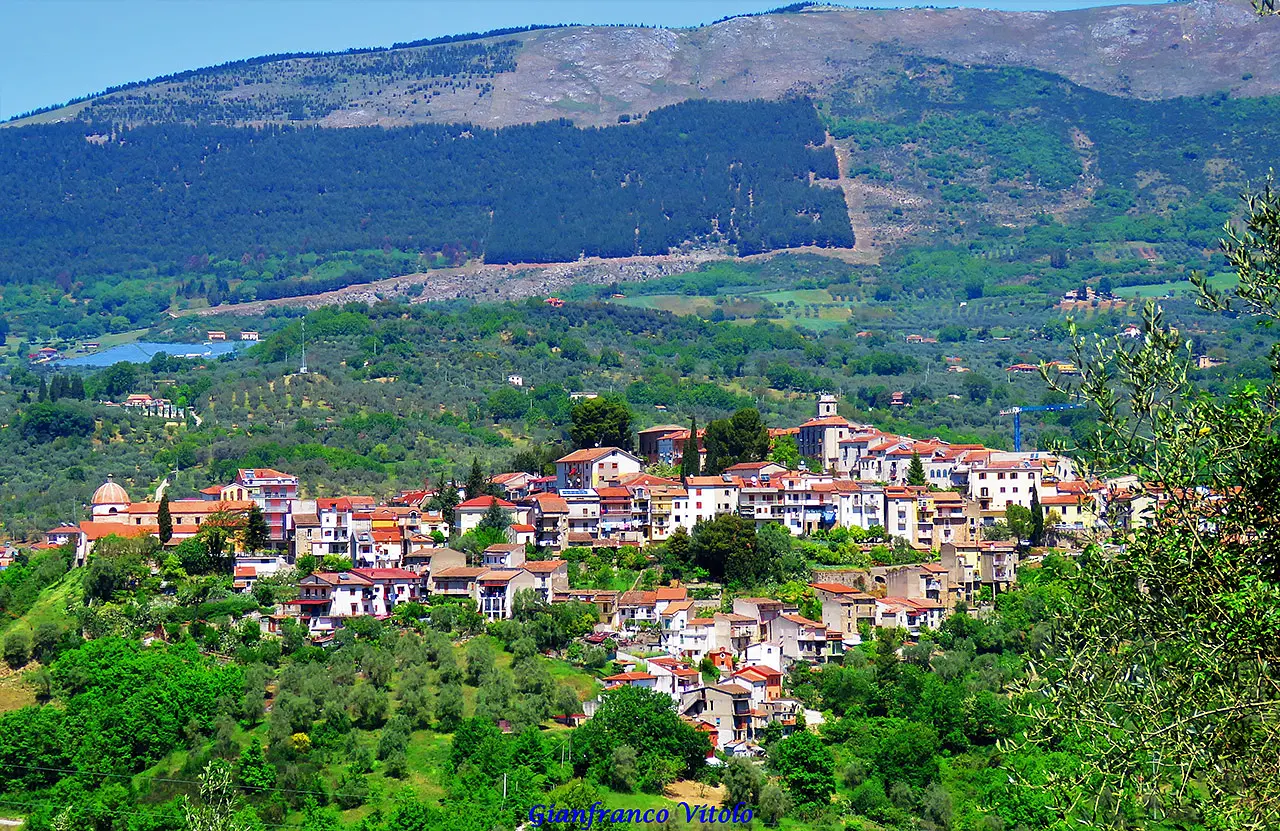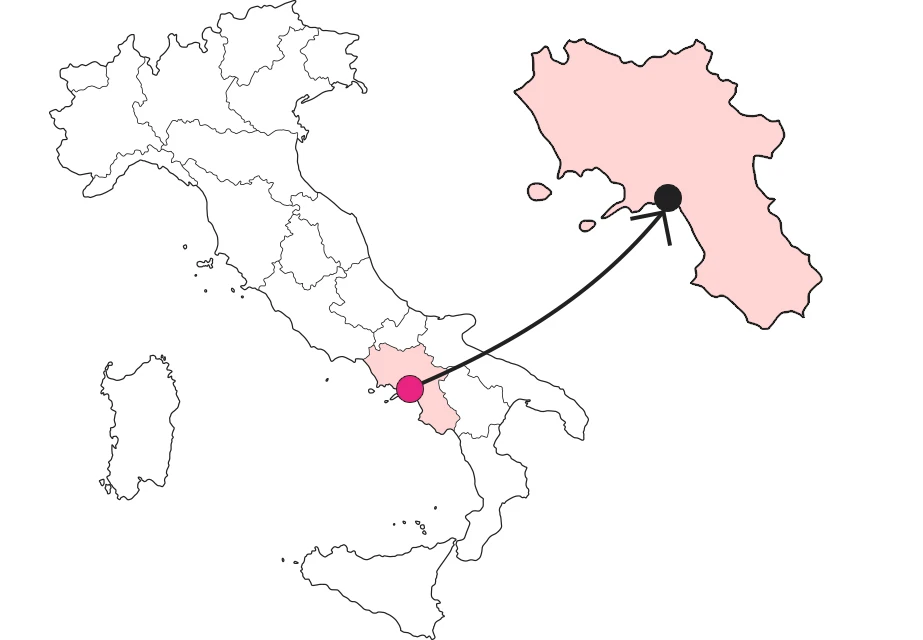SHARRYLAND


Where is

What it is and where it is
The built-up area of Auletta is an intriguing open-air history book. Its buildings bear witness to different eras, and the ancient village still retains three of its ancient gateways: Porta Fiume, Porta Castello and Porta Rivellino. Winding through the narrow streets to Piazza Castello, one can also catch a glimpse of the Castello Marchesale. In Piazza Raffaele Giallorenzo, on the other hand, one comes across the remembrance of its dedicatee, in fact, a partisan who died during the Pinerolo massacre. In short, a walk in Auletta, if done with attentive eyes, can teach you many things.
Why it is special
The context in which the village is set is truly wonderful: when you look at it from afar, you see it immersed in the green of its olive groves, a crop that has very ancient roots here and that finds very fertile soil, perfect for agriculture. This in particular is due to the fact that Auletta is located at the confluence of two rivers, that is, at the point where the Fiume Bianco flows into the Tanagro.
Not to be missed
Auletta is also famous for its traditional gastronomy, in which pizza chiena and extra virgin olive oil stand out. The "pizza chiena" is a traditional calzone prepared for Easter festivities whose filling best expresses regional specialties; in the Alburni it is stuffed with a combination of eggs, toma cheese, cured meats and, occasionally, rice; on the other hand, in Auletta and the towns bordering the Tanagro River, white artichoke is added to the basic version made with eggs, toma cheese and other fresh cheeses.
A bit of history
The construction of the massive castle can be dated to the 12th century, when the entire settlement of Auletta was part of the defensive system of the Duchy of Salerno. However, the Duke of Calabria and the Florentine Antonio Marchesi expanded and renovated it in 1494, giving it its present form. Thanks to these improvements and its advantageous position, the castle was able to resist and repel the Spanish army of Charles V in 1535. It became an aristocratic residence and changed hands several times, and is still privately owned today.
Trivia
The town of Auletta is known worldwide as the city of olive oil, the cultivation methods of which were brought to Cilento by the Greeks in the 6th century BC. The Latin word "olea, " meaning "olive," may be the origin of the name Auletta. Climatic factors and ideal soil characteristics favor the cultivation of olives.




